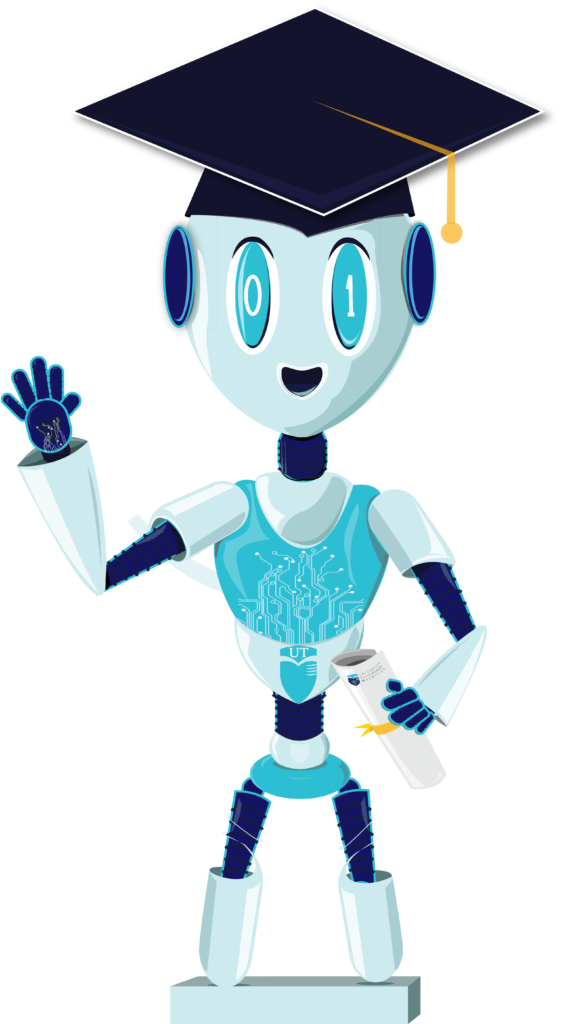BEng (Hons.) Electronic Engineering
Smart Solutions in Full Sustainable System Design!
Career Prospects
- Electronic engineering graduates are naturally expected to find employment in the electronics-related sector such as Power Generation, Automotive, Construction, FMCG, Pharmaceutical, Marine, Rail, and Utility industries. However, non-engineering careers, such as, in Consulting, Law, Financial Services, Sales and Pre-sales, IT and Education where analytical skills and high levels of numeracy are expected, are also possible.
Objectives
Analyse and solve engineering problems
Design a system, component, or process to meet a need
Evaluate designs, processes and products, and make improvements
Take a holistic approach in solving problems and designing systems, applying professional judgments to balance risks, costs, benefits, safety, reliability, aesthetics and environmental impact
Requirements
- As per UTM’S Admission Regulations, and ‘Admission to Programmes of Study at First Degree Level’.
- Pass at Principal Level in Mathematics AND Physics at HSC/GCE A-Level or Equivalent, or Baccalaureate Level.
Curriculum
46 Lessons4 years (FT) / 6 years (PT)







